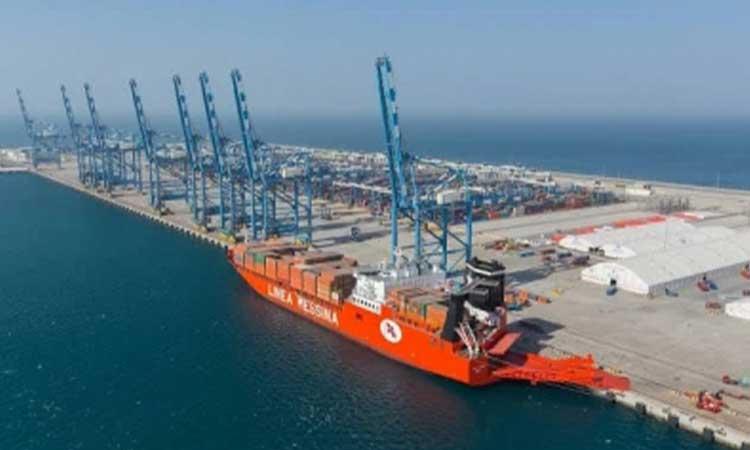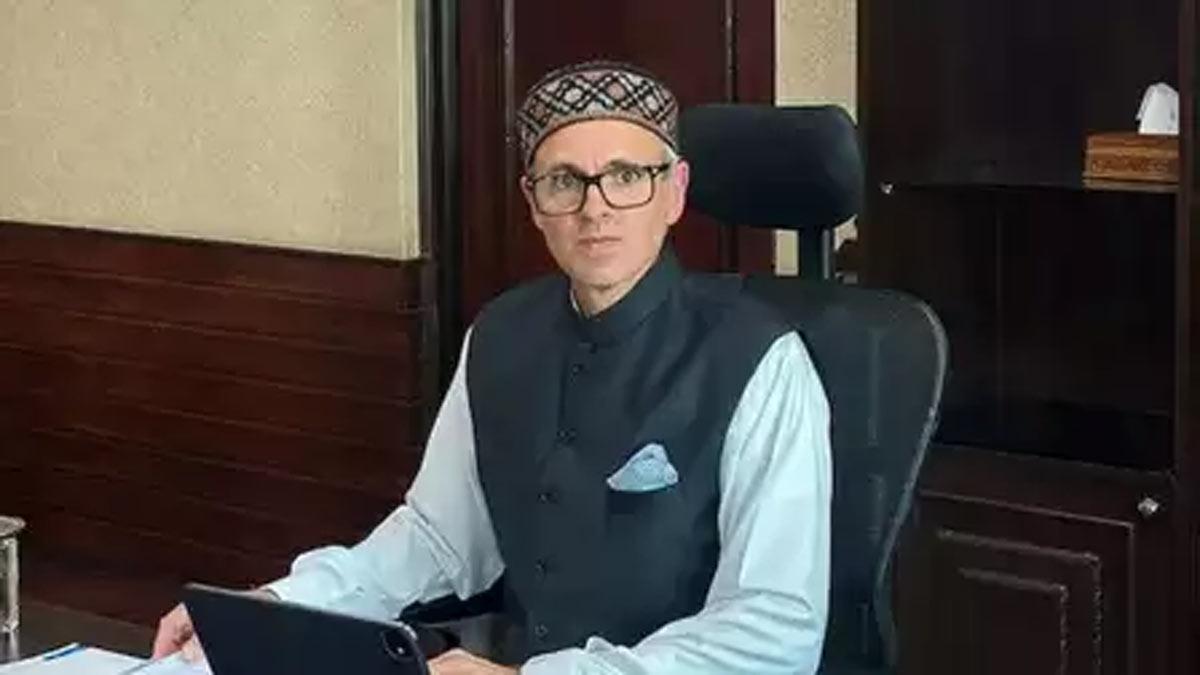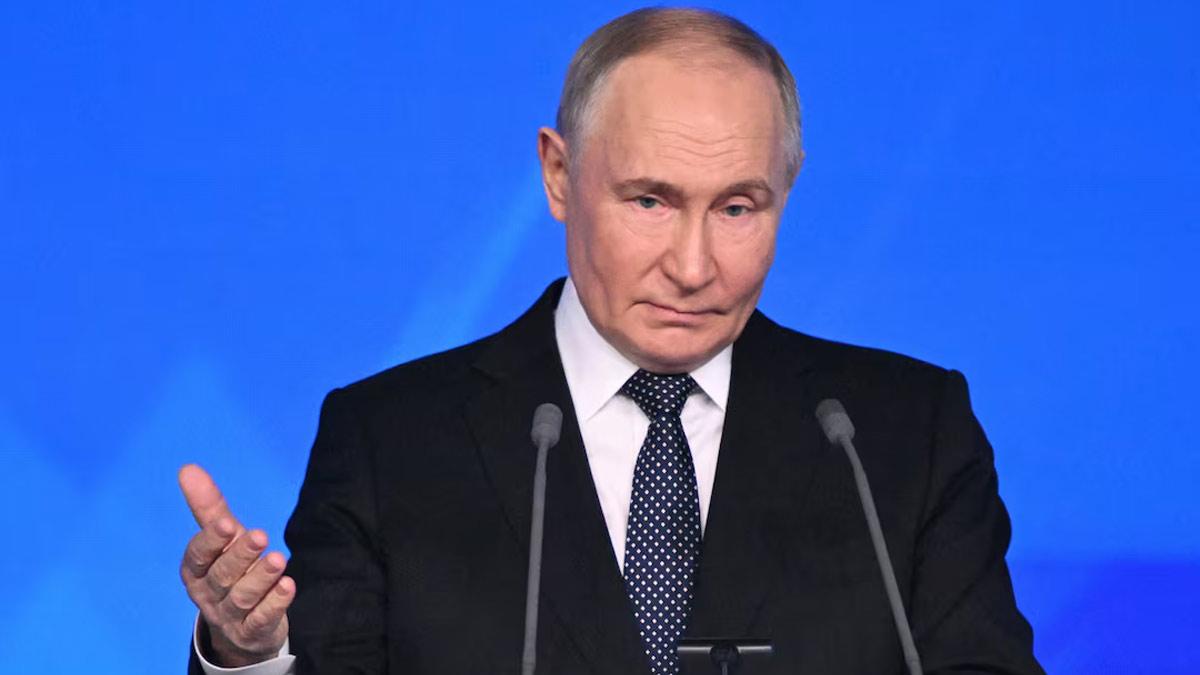The International Monetary Fund (IMF) has asked the Pakistan government to renegotiate the China-Pakistan Economic Corridor (CPEC) energy deals before making payments of around 300 billion PKR to the Chinese power plants, putting Islamabad in a tight spot.
The global lender has asked the government to treat the Chinese CPEC power plants at par with the power plants established under the 1994 and 2002 power policies, highly placed sources told The Express Tribune.
These plants had been set up under the CPEC framework agreement.
The IMF's demand came after China's refusal in the past to renegotiate the terms of agreements with the independent power producers (IPPs).
Also read | Hindu temple vandalised in Karachi
Sources told The Express Tribunethat the IMF suspected that the Chinese IPPs might have been overcharging Pakistan and there was a need to reopen these deals.
The Mohammad Ali report on the IPPs had identified overpayment of about 41 billion PKR to the Chinese IPPs.
Top officials in the Ministry of Finance confirmed to The Express Tribune that the IMF had raised the issue of payments to the Chinese IPPs with their willingness to renegotiate the deals.
When contacted, Esther Perez, IMF's Resident Representative, emphasised the need for equitable treatment of all power sector stakeholders due to the limited fiscal space.
"An important principle underpinning these (power sector) reforms is that all stakeholders contribute in an equitable manner to reduce the circular debt, between the government, IPPs and consumers, while protecting the most vulnerable consumers," said Perez
She said that Pakistani authorities should be cognizant of the limited fiscal space available to clear any outstanding arrears of the sector stakeholders, and thus there should be a trade-off between this and other government priorities, and the potential to unlock lower capacity payments for electricity as part of the aforementioned burden sharing across stakeholders.
Perez added that in order to contain circular debt in the power sector, the government of Pakistan had engaged efforts to reduce the cost of power generation as part of a broad power sector reform strategy, including in concluding renegotiations of the capacity payment terms with over 30 IPPs last year.
She added that a number of partners of Pakistan were supporting those reforms, including the World Bank and the IMF.
Also read | World faces largest cost-of-living crisis in a generation: UN report
Finance Mnistry sources said that the global lender had also objected to giving 50 billion PKR to the Chinese IPPs in February this year without first renegotiating the agreements, The Express Tribune reported.
Due to the IMF's objections, the government did not directly make payment of Rs50 billion to the Chinese IPPs last week.
Prime Minister Shehbaz Sharif had announced that the Chinese IPPs would be given Rs50 billion to ensure fuel supplies.


















